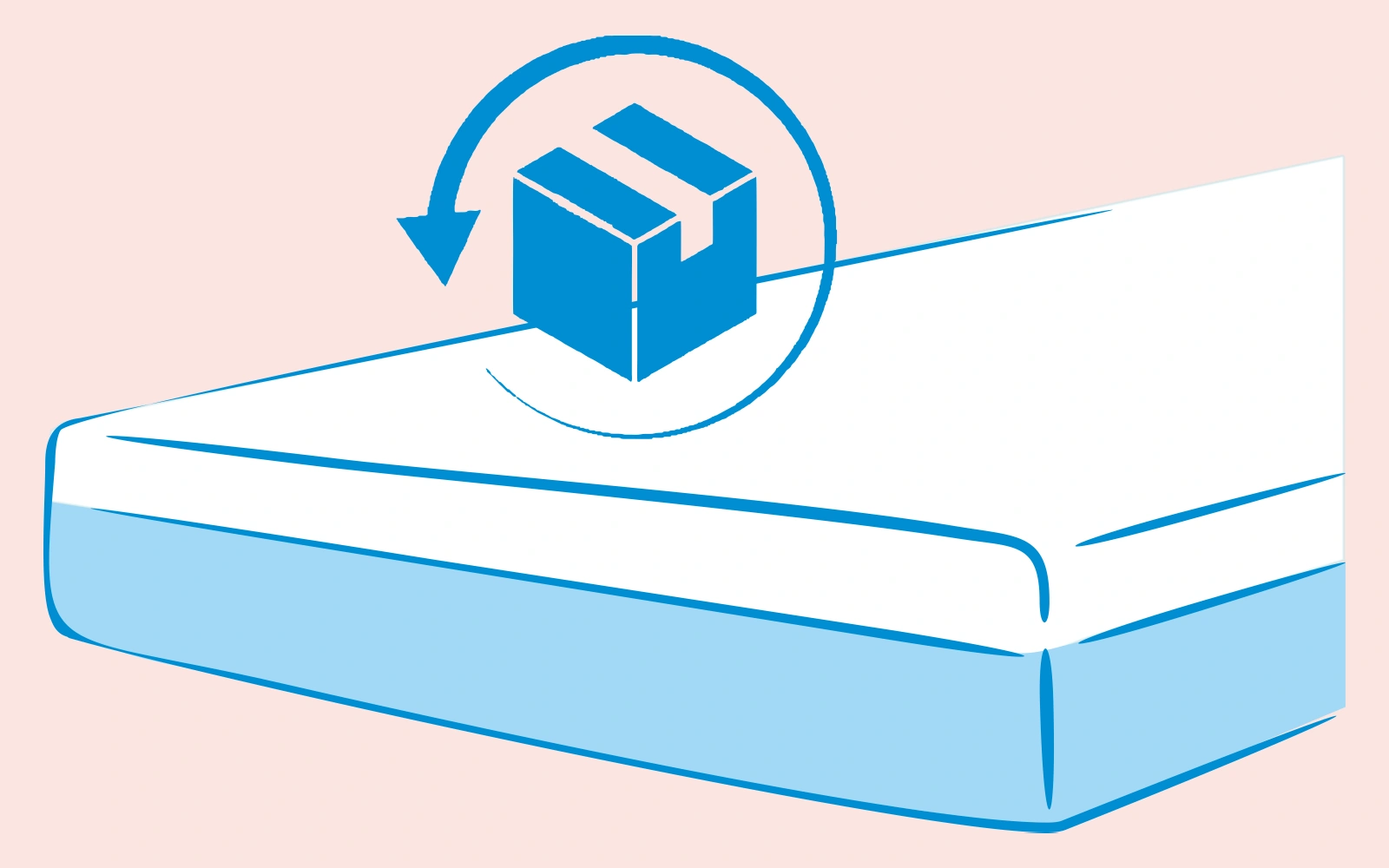To provide services at the highest level, we use cookies. Using the website requires you to choose settings related to their storage on your device. If you want to know what each type of cookie is used for, click the Details button below.
What to do to make a mattress complaint effective?14 marca 2021 |

Yes, mattresses can be complained about both under the statutory warranty, as specified by the Civil Code, and under the warranty provided by the manufacturer. A complaint should be filed in the case of identifying defects, non-compliance with the agreement, or other issues with the functionality of the products. This can include incorrect foam parameters, faulty operation, or the sinking of springs or foam.
Yes, a mattress purchased online can be returned without any issues. Even after unpacking and using it according to its intended purpose, as stated in the judgment of the Court of Justice of the European Union in case C-681/17. The Polish manufacturer ONSEN® offers up to 100 days to test the mattress and make a decision about a potential return, along with a 15-year warranty.
A well-written mattress warranty covers any defect that affects the functionality of the mattress, as well as any discrepancies from the agreement. In practice, this means that the manufacturer should commit to repairing or replacing the mattress in the case of factory defects or deviations from the parameters declared in the product specification.
In a mattress complaint, it is advisable to refer to legal provisions, especially the Civil Code regarding warranty, which deals with the non-conformity of the mattress with the agreement. It is also crucial to precisely describe whether the mattress fulfills its intended purpose and whether it possesses the functionalities promised by the seller. It is worth verifying whether the interior of the mattress aligns with the provided specifications.
Honest manufacturers provide a full warranty for their mattresses, lasting at least 10-15 years. However, attention should be paid to warranty exclusions to avoid unpleasant surprises. It is advisable to check provisions, such as the distance between slats in a bed frame, as manufacturers often apply warranty restrictions based on seemingly absurd principles associated with them.